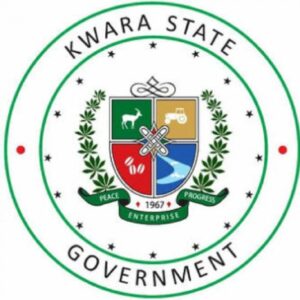
41,306 vulnerable persons benefit from health insurance in Benue — NHIA
The Benue Coordinator, National Health Insurance Authority (NHIA), Dr Christopher Okoh has said that 41,306 vulnerable persons have been covered by health insurance in the state.
Okoh said this on Thursday during a media parley with journalists in Makurdi.
He said that 150 beneficiaries were picked from each ward in Benue for the health insurance cover.
“The health insurance cover for the vulnerable was made possible because of the new National Health Insurance Authority Bill 2022 signed into law on May 19, 2022 by President Muhammadu Buhari.
“The new law which repeals the National Health Insurance Scheme Act, 2004 will ensure universal health coverage for all Nigerians.
“Government has set up a fund to ensure coverage of Nigerians who cannot afford to pay premiums,” Okoh said.
The State Coordinator noted that the vulnerable group fund was being financed through the basic health care provision fund, health insurance levy and special intervention fund.
He added that also contributing to the fund were any investment proceeds, donations and gifts to the authority.
Okoh said that this would cover the large number of vulnerable individuals who were not able to pay health insurance premiums.
“The new law will also work in line with State Governments’ health insurance schemes by empowering them (State Governments) to accredit primary and secondary healthcare facilities.
“It also ensures the enrollment of Nigerians in the scheme,” he said.
Okoh also said that parts of the provisions of the new law made health insurance mandatory for all Nigerians and legal residents.
Fielding questions from journalists after his presentation, the State Coordinator urged enrollees to always avail NHIA with feedbacks of their experiences with healthcare providers.
He said that there were many hospitals involved in sharp practices to cheat enrollees of their rights to health care, adding that health insurance would not work without feedbacks from enrollees.



